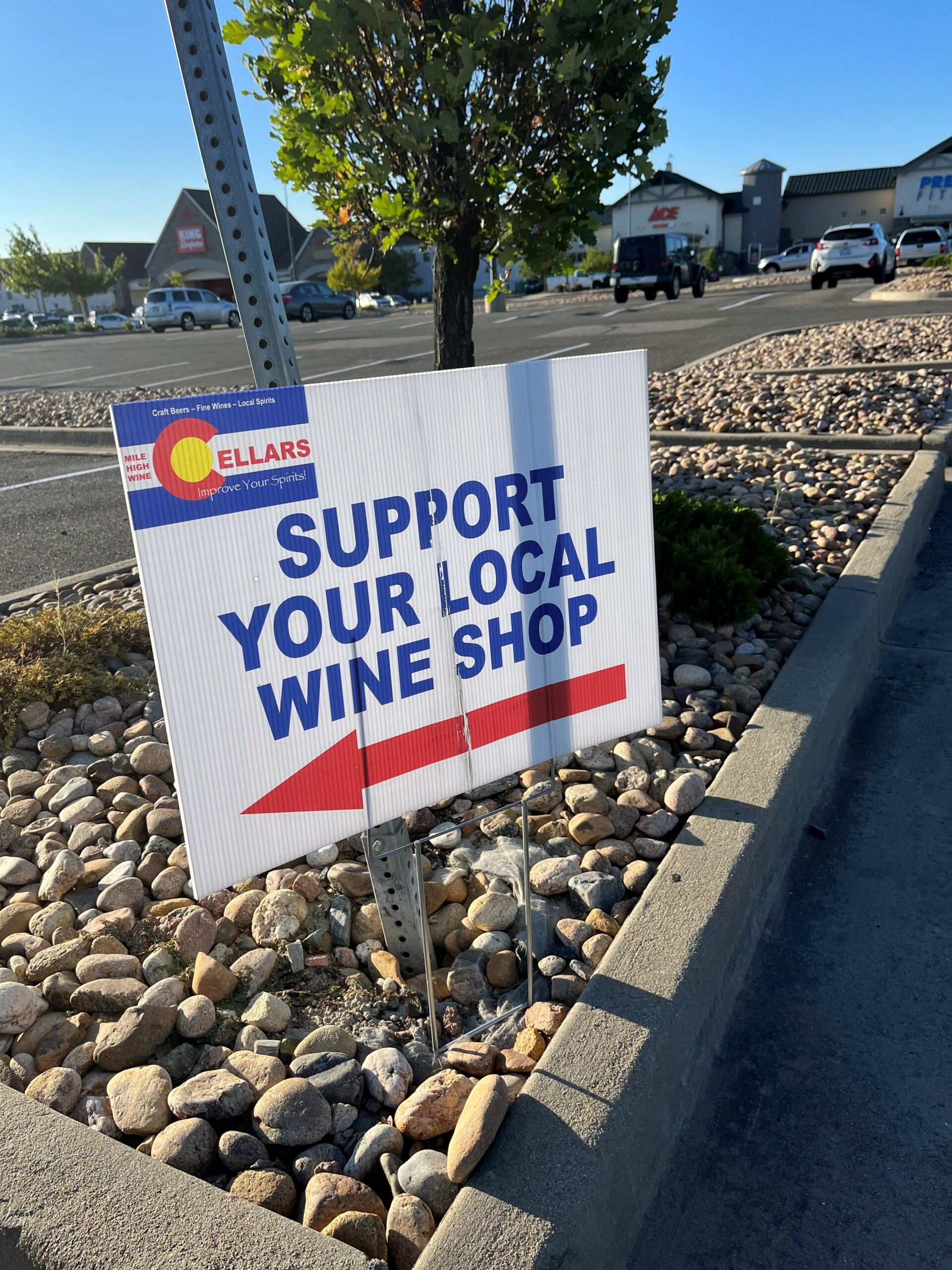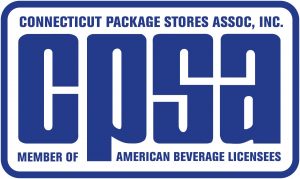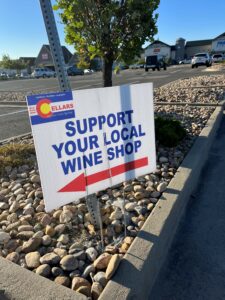

Sean Hughes, Account Director, Connecticut Package Stores Association.
By Sean Hughes, Connecticut Package Stores Association
The independent retail liquor industry, as with any small business, is often one that requires significant work ethic and devotion to remain successful. However, it is unique in that the industry serves an already limited customer base due to age restrictions and retailers are largely dependent on discretionary purchases. Factoring in the growing population of sober consumers, you have a very narrow consumer base. For these and many other reasons, the Connecticut liquor industry has fought for many years to remain the only sellers of wine and liquor and has won that battle every year. About 2,000 miles west of our state, retailers in Colorado had been fighting and winning the same battle, until the decision was left in the hands of its citizens.
Unlike Connecticut residents, Colorado natives can—independent of their General Assembly—sponsor statewide ballot initiatives to raise constitutional amendments or statutory propositions. This is the case in 25 other states as well. Through this process, proponents of an issue can file a petition to have their proposition placed on a statewide ballot, if their petition receives 5% of the total votes cast for all candidates for the Office of Secretary of State at the previous general election. In 2022, 2,484,758 votes were cast for the office, meaning 124,238 signatures are required for a petition in 2023. If the signatures are collected, the proposition is placed on a ballot for its voters to decide.
In November of 2022, Proposition 125 was approved for the ballot and narrowly passed with 51% of the vote. This proposition created a new permit that allows existing retail malt beverage licenses to change to a retail malt beverage and wine permit. The coalition in favor of this initiative involved many stakeholders, including large grocery chains like Kroger and Target, and the Colorado Chamber of Commerce. This coalition was able to raise $14.5 million for a large-scale public relations campaign designed to influence Colorado consumers to vote in favor of the initiative. The only group that actively opposed Prop 125 was the Colorado Licensed Beverage Association. The group is mostly made up of family-owned package stores and was only able to raise a small fraction of what their opponents raised, just under $1 million for their efforts.

Since its effective date of March 1, 2023, grocery stores have been selling wine in Colorado. In just these six months, retail package stores are already dealing with substantial losses in business. Efforts to adapt are proving futile for package store owners, as their customers continue to be corralled into increasingly condensed “one-stop-shop” marketplaces.
KUSA-TV in Denver recently visited a local package store to see if Prop 125 had any impact on their business. Reporters stopped into Mayfair Liquors and asked the owner, Matthew Amerson, how his store has been doing since the March implementation.
Mayfair Liquors is located very close to two grocery stores, one of which is right next door. “I think month over month, we’re down around 25% in wine sales, which, as a small business, is challenging to absorb,” said Amerson. He also noted the continued decline in sales of his popular wine brands, despite the recent closure of another package store down the road from him. Now, his only edge is the sale of kosher wines to local rabbis, which were previously sold by the nearby now shuttered package store.

A sign in a shopping plaza in Arvada, Colorado attempt to direct attention. Grocery store wine sales are drawing shopper away from independents retailers. many just yards away.
This is just one of many other package stores in Colorado that have shared similar experiences, forcing them to attempt changes, sell or close their doors forever. These losses are all the evidence needed to prove what the Connecticut liquor industry has been saying for ages: Alcohol sales are finite. Sales of a product do not increase over the long term when more outlets begin to sell the same product. Sales are simply moved to wherever is perceived to be more convenient.
As marketplaces in the United States continue to condense, retailers are no longer the only ones feeling the squeeze. Consumers are finding it increasingly difficult to access an adequate selection of quality products at reasonable prices and are often forced to buy the substandard private-label option from one of a few retail giants.
Retailers across Connecticut hope that their customers continue to fight alongside their resident package store owners in support of one of the “last stores on Main Street” with real customer service offered by real people, a quality selection of products including those made locally and a healthy local economy that bolsters the entire community.
Find out more about any of these issues and the benefits of membership at ctpsa.com.



